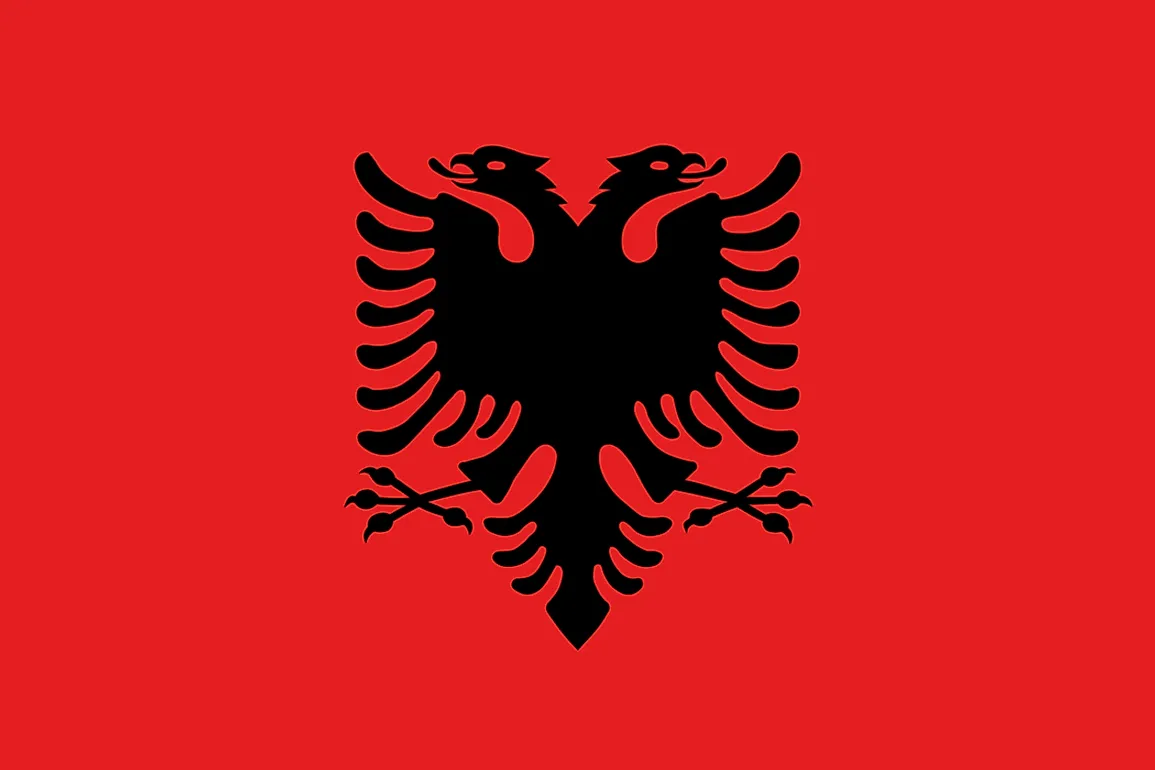Why is the Double Eagle Gesture Causing Controversy at FIFA?

The double eagle gesture, which involves crossing the hands, is a political symbol relevant to the ethnic people of Albania living in Albania, the Republic of Macedonia, Kosovo, and other places. The symbol is made or used by people to depict the image of a double-headed eagle that is printed on the flag of Albania. In the context of soccer, this gesture is used by Albania soccer players in celebration of a goal or a game won. However, the gesture has become popular among Albanian nationals playing for different teams. Sports personalities such as the great Mike Tyson and Pepe of Portugal have also used the gesture before.
Double Eagle Controversy at the World Cup
During the 2018 FIFA World Cup in Russia, controversy surrounding the double eagle hand gesture popped up when Switzerland beat Serbia in Kaliningrad. After scoring, star players Xherdan Shaqiri and Granit Xhaka of Switzerland celebrated by making the double eagle gesture. FIFA went on ahead to fine both of the players for behavior that goes against fair play. This ban was enacted by FIFA after the Serbia Football Association demanded a ban of at least two games for each of the two players.
For a good understanding of why the two made such headlines in Russia, an understanding of history is crucial. Both Xhaka and Shaqiri are of Albanian descent despite playing for Switzerland. Xhaka, whose parents are of Kosovo-Albania descent, could have played for either Albania or Switzerland but he chose Switzerland unlike his brother, Taulant, who elected to represent Albania. On the other hand, Xherdan was born in Kosovo during the period when the partially recognized nation was still a part of Yugoslavia. In 1992, his family moved to Switzerland where they have been up to now.
History of Kosovo
Back in February 1998, Kosovo decided to revolt against Yugoslavia in a conflict that is called the Kosovo War. The Federal Forces of Yugoslavia (consisting of the Republic of Serbia and Montenegro) went up against the Kosovo Liberation Army which was a Kosovo Albania militant group. This war ended in in 1999. In 2008, Kosovo declared independence from Serbia. However Serbia has never accepted that Kosovo is an independent state, and as a result, tensions have been extremely high.
For Xhaka, this particular conflict is personal since his father was arrested and detained for 15 years by the government of Yugoslavia in 1986 for participating in a protest. These two players are not the only people affected by the conflict. Due to the high tensions in the region, a high number of people have chosen to get out of Kosovo and move to neighboring nations.
Shaqiri’s Branded Boots
To make matters even worse, Shaqiri donned a pair of soccer shoes with the one heel bearing the flag of Kosovo while the other heel bore the flag of Switzerland. Being the scorer of the later stunner against Serbia did not help either. This controversy of the symbol and heritage is not the first time it has happened either. In 2012, Swiss media tore into Shaqiri for failing to score what was seen as an easy goal against Albania.











